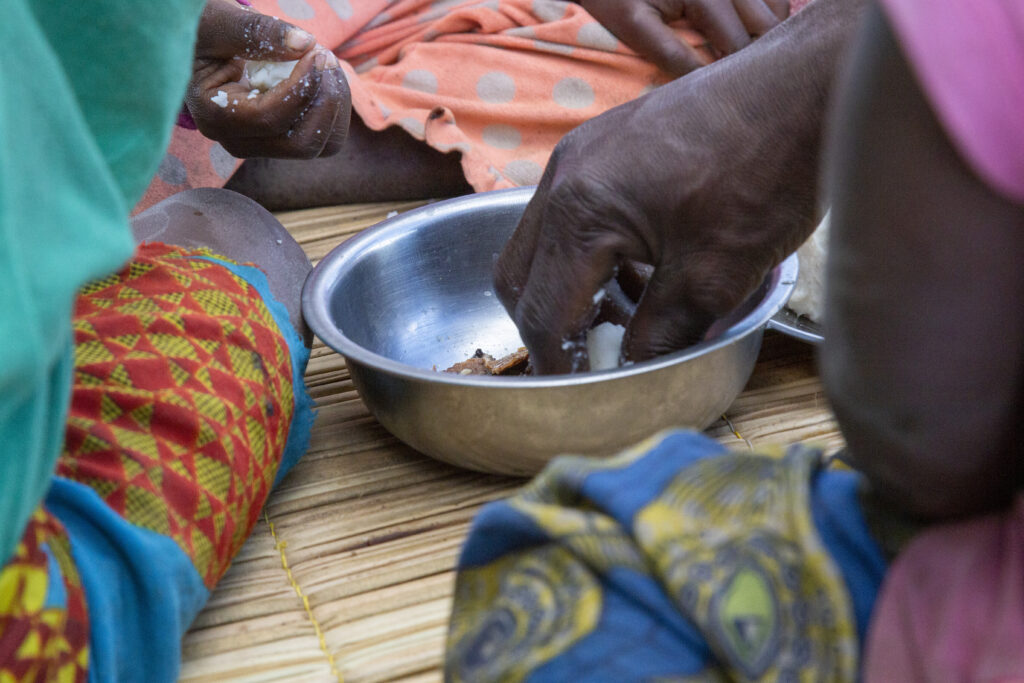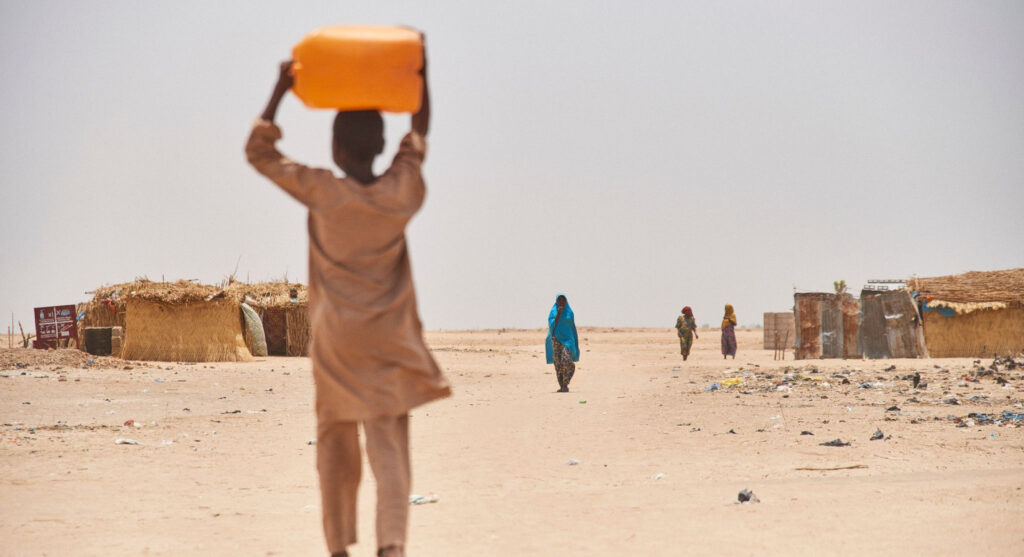Must act now to save lives

From June to November, the hunger crisis in 22 countries will worsen further, partly as a result of the Sudan crisis and El Niño, the UN warns. Humanitarian efforts must be stepped up significantly.
The countries with the most precarious situation are Afghanistan, Nigeria, Somalia, South Sudan, Burkino Faso, Haiti, Mali and Sudan. Important causes are internal conflicts in the countries, economic crises due to inflation and increased prices, and climate-induced disasters.
Now the Sudan crisis and the El Niño phenomenon will contribute to a worsening of the situation, according to the UN Food Programme (WFP) and the Food and Agriculture Organization (FAO) behind the report Hunger Hotspots.
- This report makes it clear that we must act now to save lives, help people cope with climate change, and prevent famine. If not, the consequences will be catastrophic.
Cindy McCain, Executive Director of WFP
Meteorologists predict that the effects of El Niño will be felt from mid-2023, with an 82 percent probability. This will mean less rainfall in areas already severely affected by drought, such as parts of Central America, the Sahel and the Horn of Africa.
Long-term and sustainable aid
Caritas is working on a humanitarian basis in all the affected countries, and collaborating with WFP in some of them. We are extremely concerned about the situation.
- The negative development shows the need to think more long-term in humanitarian work. Especially in the complex and protracted crises that countries are facing. From day one, sustainability must be a goal, which many international donors do not facilitate in their emergency response.
Tale hungnes, head of international operations at caritas norway
In addition to providing short-term emergency response, we work long-term. An important goal is to ensure stable and sustainable access to food for the population.
- Through increased food production, we contribute to a reduction in malnutrition and undernutrition, investments in local businesses and income-generating activities in the community.
speech hungnes, head of international operations at caritas norway
She adds that the purpose is to make communities and the population more resilient when the next crisis occurs.

Underfunding
Underfunding is a trend in the global humanitarian response. Increased food and energy prices, as a result of the war in Ukraine, have made international donors prioritize their own local areas. Take Nigeria, for example. According to the UN's humanitarian response plan for Nigeria in 2023, USD 1.3 billion is needed to provide life-saving assistance to six million people in the country. So far, only 16 percent has been met.
- We are very concerned about the situation and ask the Norwegian authorities to contribute more to the effort to cover the enormous humanitarian needs.
speech hungnes, head of international operations at caritas norway
Which countries need urgent help?
In Afghanistan, Nigeria, Somalia, South Sudan, Haiti, Burkina Faso, Mali and Sudan, the hunger crisis is at a catastrophic level.
Other countries at risk of a worsening hunger situation are Central African Republic, DR Congo, Ethiopia, Kenya, Pakistan, Syria, Myanmar, Lebanon, Malawi and Central America (El Salvador, Guatemala, Honduras and Nicaragua).